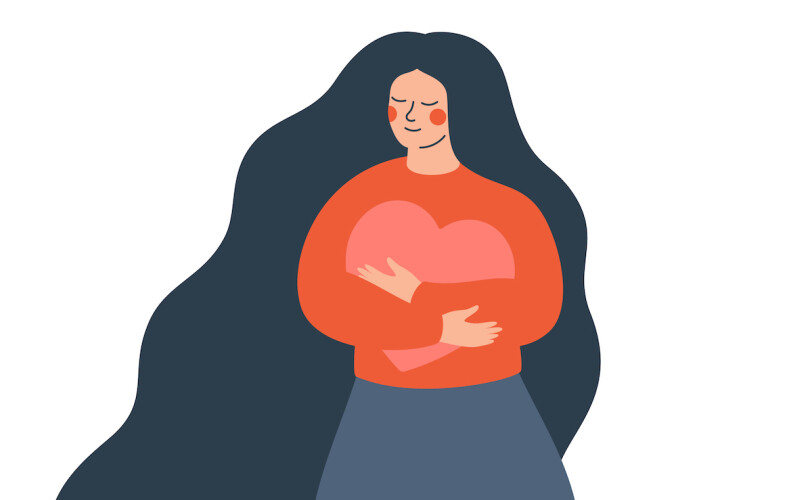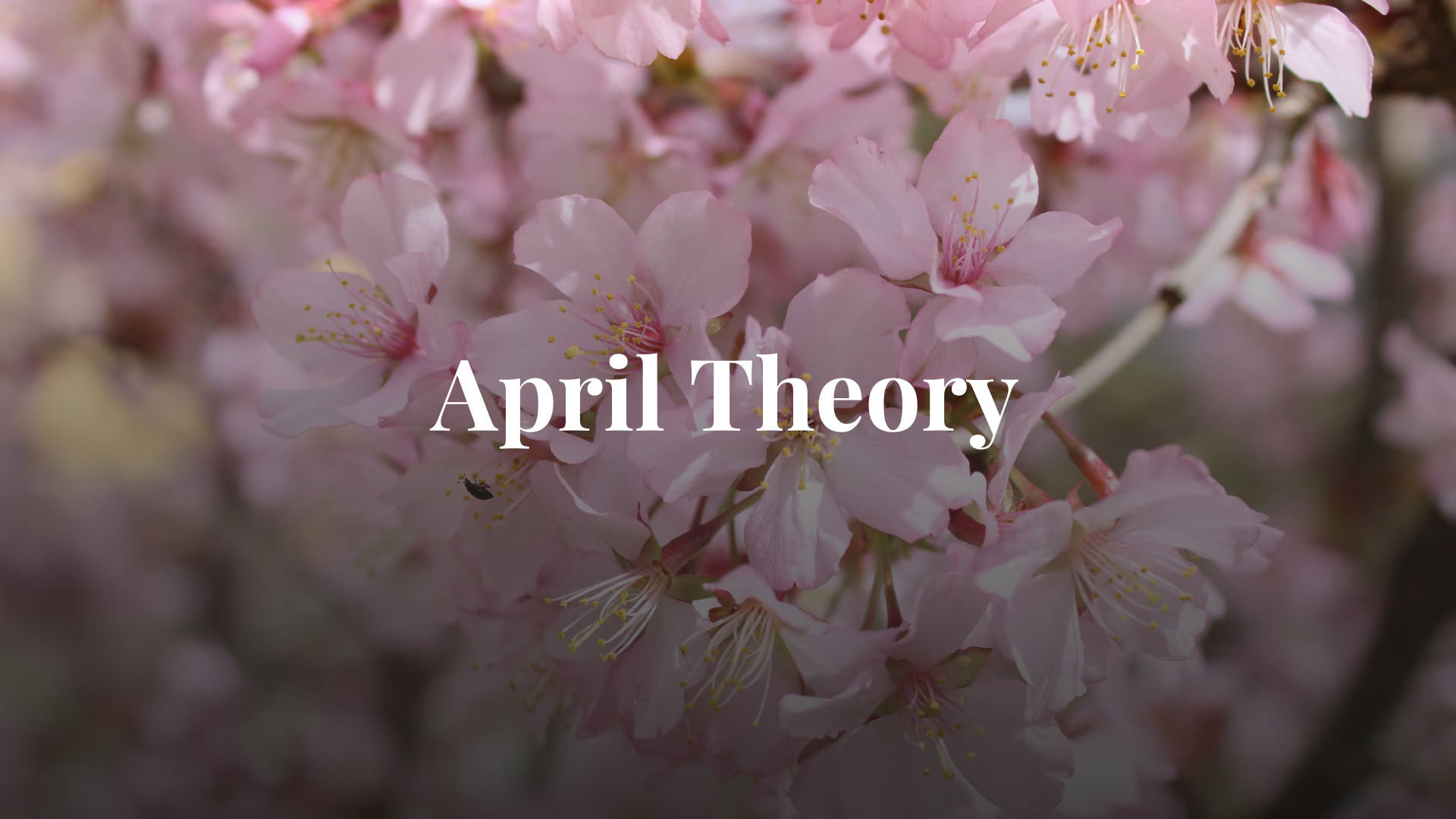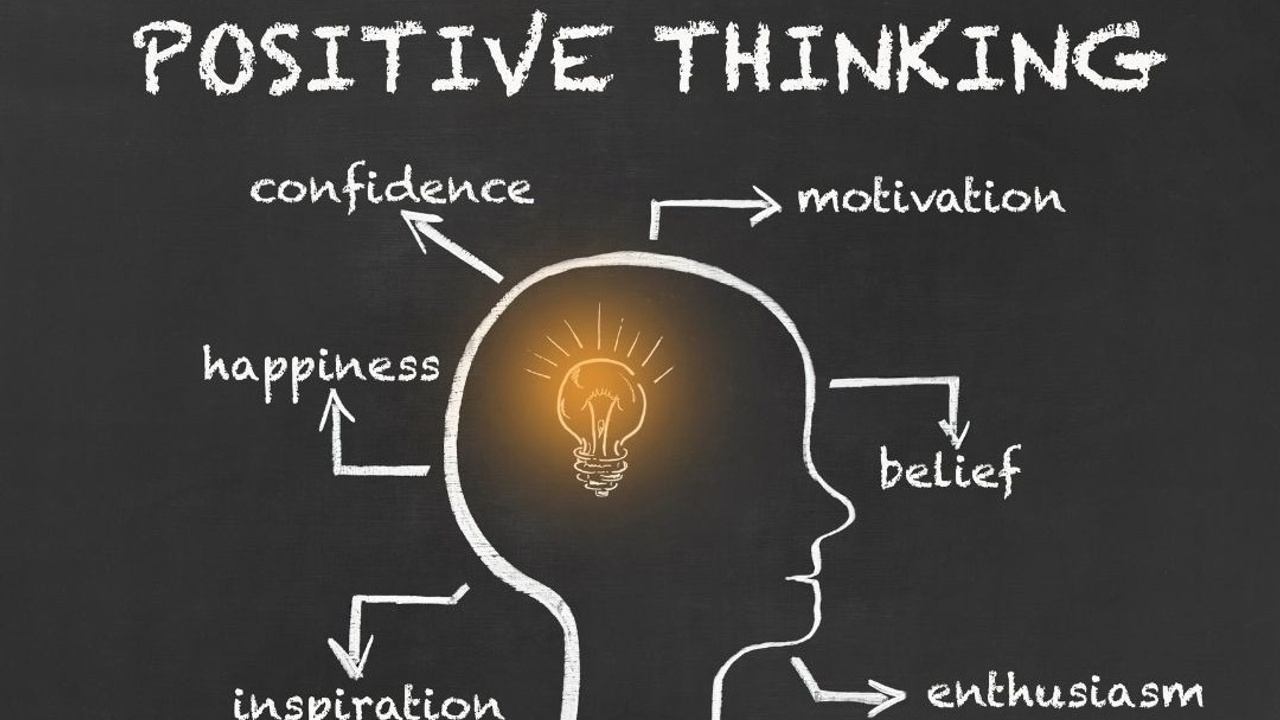As someone who studies and writes about personal development and mental health, I’ve seen firsthand how powerful self-acceptance can be. Accepting ourselves—our strengths, flaws, and unique experiences—is the foundation of emotional resilience. When we stop fighting who we are and begin embracing our authenticity, we free ourselves from the unrealistic standards that often lead to anxiety, low self-esteem, and burnout.
Self-acceptance doesn’t mean settling or avoiding growth; it means acknowledging where we are right now without shame. Psychologists and wellness experts agree that true growth begins with compassion. From my experience working with personal development tools, people who practice self-acceptance tend to set healthier boundaries, maintain better relationships, and recover more quickly from setbacks. It’s a mindset shift that leads to long-term happiness and confidence.
Trusted mental health resources like the American Psychological Association emphasize that accepting yourself increases life satisfaction and lowers the risk of depression. In a world full of comparisons and pressures, learning to accept ourselves isn’t just beneficial—it’s essential. It creates a stable emotional foundation from which we can grow, heal, and thrive.






